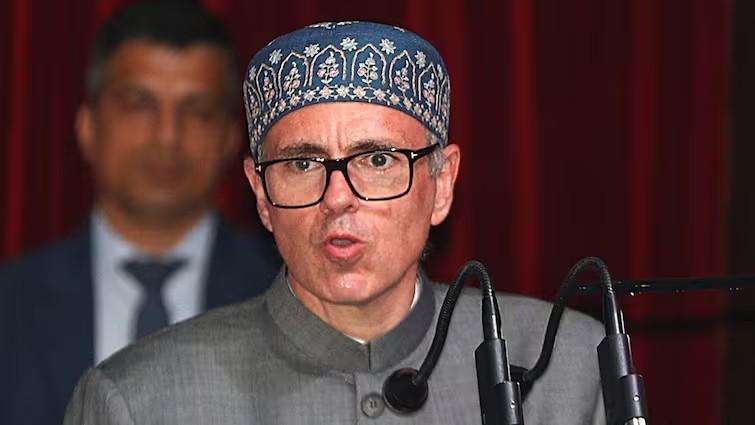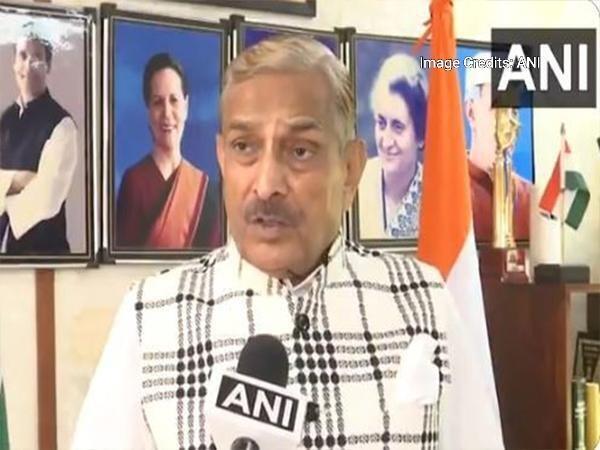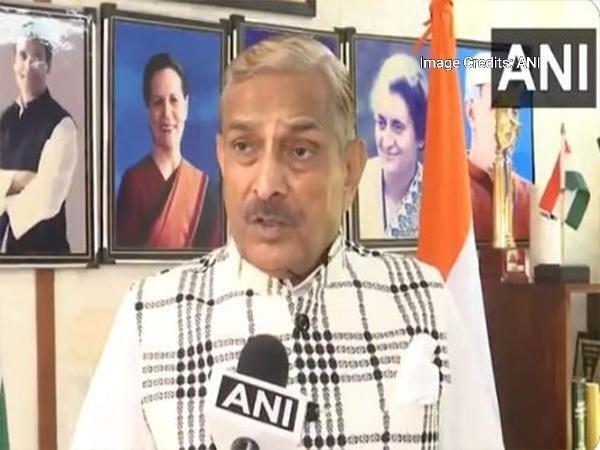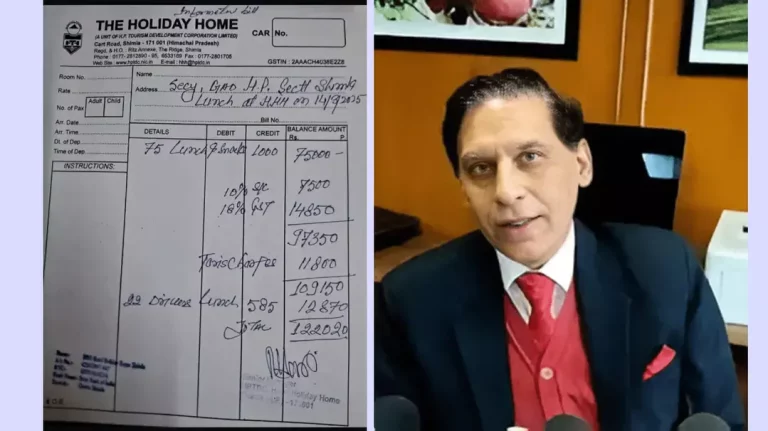
Normalcy in J&K post Art 370 abrogation is forced, not organic: CM
The abrogation of Article 370 from Jammu and Kashmir on August 5, 2019, was a historic move by the Government of India to integrate the erstwhile state into the Indian Union. The decision was seen as a significant step towards promoting unity and development in the region. However, the normalcy that has been claimed to have been restored in Jammu and Kashmir following the abrogation of Article 370 is, according to Jammu and Kashmir Chief Minister Omar Abdullah, “forced” and not organic.
Abdullah made these remarks during a recent event where he questioned the Centre’s claim that normalcy has been restored in the Union Territory (UT). He emphasized that if the normalcy in J&K is indeed organic, then nothing like it exists anywhere else. However, if it is driven by fear, then there is a problem.
The statement by Abdullah has sparked a debate on the ground situation in Jammu and Kashmir, which has been under a strict security lockdown since the abrogation of Article 370. The Centre has been claiming that normalcy has been restored in the UT, with a significant reduction in the number of security personnel deployed in the region and the easing of restrictions on movement.
However, Abdullah’s statement suggests that the normalcy being claimed is not genuine, but rather a result of fear and coercion. He hinted that the people of Jammu and Kashmir do not believe that the normalcy is organic, which implies that it is not driven by a sense of peace and stability, but rather by a sense of fear and intimidation.
The abrogation of Article 370 has been a highly controversial issue, with many political leaders and civil society organizations opposing the move. The decision was seen as a violation of the autonomy of Jammu and Kashmir and a threat to the identity and rights of the people of the region.
The Centre, on the other hand, has defended the move, saying that it was necessary to integrate Jammu and Kashmir into the Indian Union and to promote development and prosperity in the region. The government has also claimed that the normalcy in Jammu and Kashmir is a result of the successful implementation of the Goods and Services Tax (GST) and the implementation of the Reserve Bank of India’s (RBI) guidelines on the use of Indian currency in the region.
However, Abdullah’s statement suggests that the normalcy being claimed is not as straightforward as the Centre is making it out to be. He has hinted that the people of Jammu and Kashmir are living in fear and uncertainty, and that the normalcy being claimed is not genuine.
The statement by Abdullah has also raised questions about the future of Jammu and Kashmir. The UT has been under a strict security lockdown since the abrogation of Article 370, and the people of the region have been living in uncertainty and fear. The Centre’s claim that normalcy has been restored in the UT may be seen as a way to justify the continued deployment of security personnel and the restriction on movement.
However, Abdullah’s statement suggests that the normalcy being claimed is not a sustainable solution to the problems facing Jammu and Kashmir. He has hinted that the people of the region need a more sustainable and organic solution to the problems they are facing, rather than a forced and artificial normalcy.
In conclusion, the statement by Jammu and Kashmir Chief Minister Omar Abdullah has raised important questions about the normalcy in the UT following the abrogation of Article 370. While the Centre has been claiming that normalcy has been restored in the region, Abdullah’s statement suggests that the normalcy being claimed is not genuine and is driven by fear and coercion. The people of Jammu and Kashmir need a more sustainable and organic solution to the problems they are facing, rather than a forced and artificial normalcy.




